I have complete faith in God and His way of justice: Ali Zafar
Singer-actor Ali Zafar talks upcoming film ‘Teefa in Trouble’, ongoing battle with Meesha Shafi and more
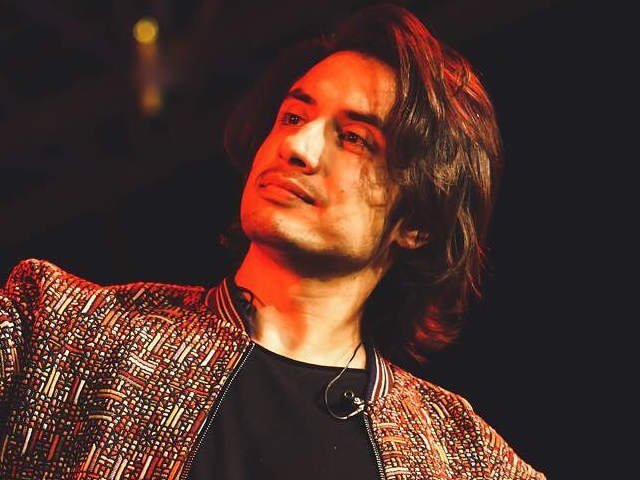
PHOTO: ALI ZAFAR/INSTAGRAM
Naturally, Zafar has also composed and sung all the tracks for the film. “I think it has to be believable, for instance whenever Maya sings in the film, it’ll be Aima Baig, not five different voices,” he told The Express Tribune.
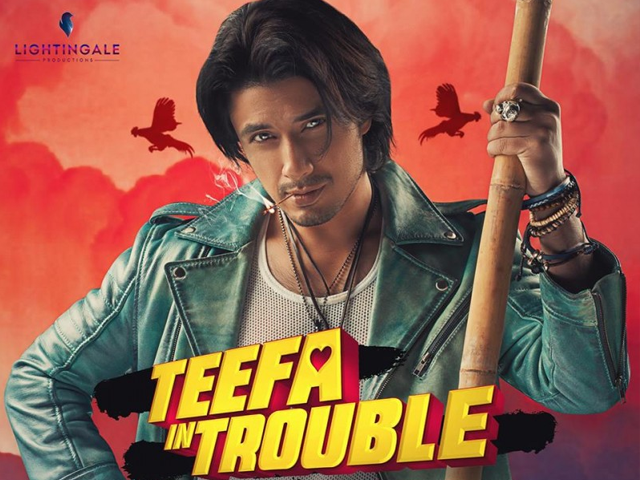 PHOTO: PUBLICITY
PHOTO: PUBLICITYWith the film’s musical offering, the Channo crooner hopes to give hit songs that he finds missing in the new wave of local cinema. “I wanted every song to be a movie-hit song. Every song should be immediately catchy, hummable and for the listeners to feel it. And that’s how I write most of my music.
Whether they are PSL anthems or the soundtrack on a film, my songs are for people to sing and enjoy. I would say it’s simple writing but it’s writing that’s meant to connect with the cross-section, all age-groups and everybody.”
 PHOTO: FILE
PHOTO: FILEAddressing the elephant in the room, the Tere Bin Laden star also opened up about his ongoing legal battle with fellow musician Meesha Shafi.
The Express Tribune (ET): ‘Deosai’ was supposed to be your production house, Lightingale Productions’ first film. Tell us a little about how the concept of ‘Teefa in Trouble’ came about?
Ali Zafar (AZ): For many years, Ahsan bhai and I wanted to make a film. While I was working in Bollywood, I’d always think about when our industry would come up to those standards, where we could make films of international calibre.
So we kept having these discussions and I knew if I were to make my first film ever, it would with him. Over the years we kept exchanging ideas, but then Teefa came to me over a masalay-daar khana (spicy food) in androon (interior) Lahore. I instantly told him and he got very excited and from then, the story kept developing.
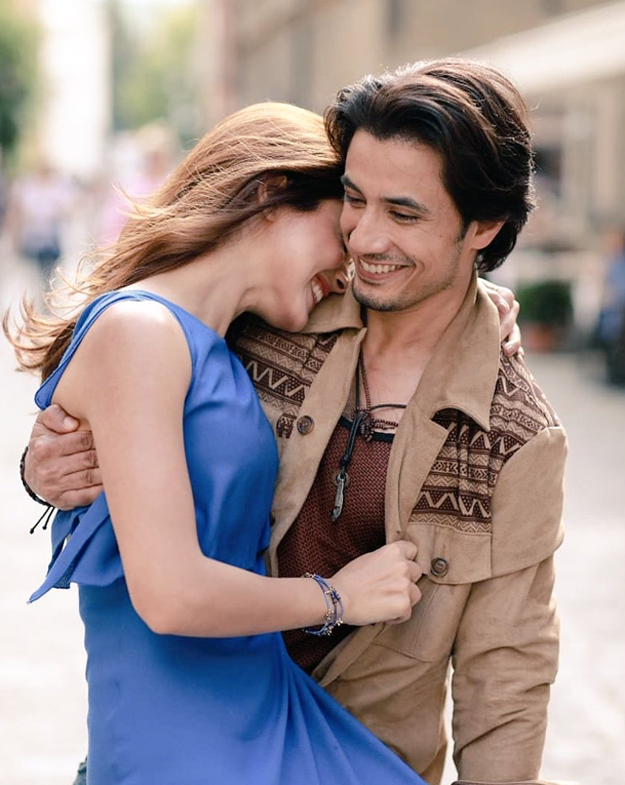 PHOTO: TEEFA IN TROUBLE/TWITTER
PHOTO: TEEFA IN TROUBLE/TWITTERWhen the final story was penned, Ahsan bhai packed his bags and flew to Lahore. We sat in my studio and in about 10 days, we wrote the first draft. I sat with him and my brother Danyal, and we just locked ourselves in the room. I think when magic is happening, you can feel it. After having gone through this process so many times, there’s a very rewarding sense of some creative processes in which you feel that it’s all coming at the right time and moment, with everything falling into place perfectly.
ET: Most Pakistani films lack character arcs. As a co-writer on the film, were you mindful of writing fully developed and baked roles?
AZ: I’ve always felt that you have to be real to where you come from. I’m born and brought up in Lahore. I’ve grown up in a small muhalla (neighbourhood). I’ve played on the streets, I’ve travelled in tangas (donkey carts) and rickshaws with my parents. I’ve seen my mother go to her university on wagons. I come from a typical Punjabi background and I don’t think I can ever let go of that.
Most of these characters basically developed from interior Lahore. At the same time, we also have a Tony Dot Shah (played by Faisal Qureshi) in the film, who’s living in Poland and has a completely different style and lingo altogether.
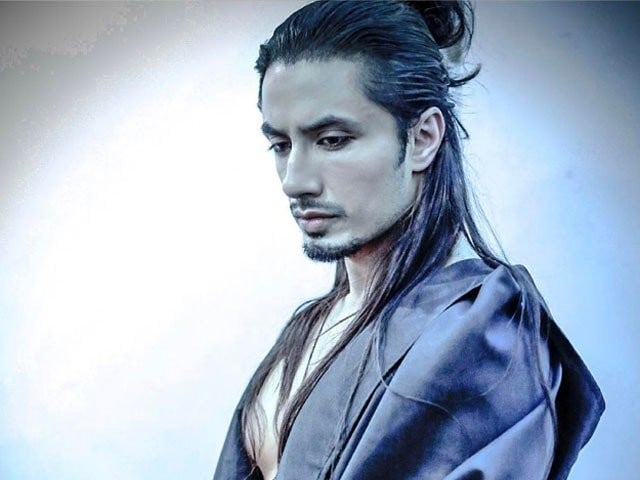 PHOTO: FILE
PHOTO: FILEMaya’s character, Anya is from Poland and has lived her entire life there. As an artist, the most important thing you need to have is to be an observer and to be sensitive to your environment and people.
ET: ‘Teefa in Trouble’ also promises action that’s never been seen before in Pakistan. What was your training like to shoot the combat sequences yourself?
AZ: That is true, because we wanted to take action to another level. We decided that we are not going to use stunt-doubles except for very dangerous and risky situations where if I got hurt or fell down, it would’ve hampered the shooting schedule. So I did all the fighting sequences myself. I didn’t want to be the guy for whom somebody else has to take the pain and you just come to give a close-up.
So, our training required a lot of determination and physical endurance. I trained for about three to four months but I started from a point where I had actually broken my elbow and wrist. For me, to even enter the gym when I couldn’t lift the weights was very frustrating.
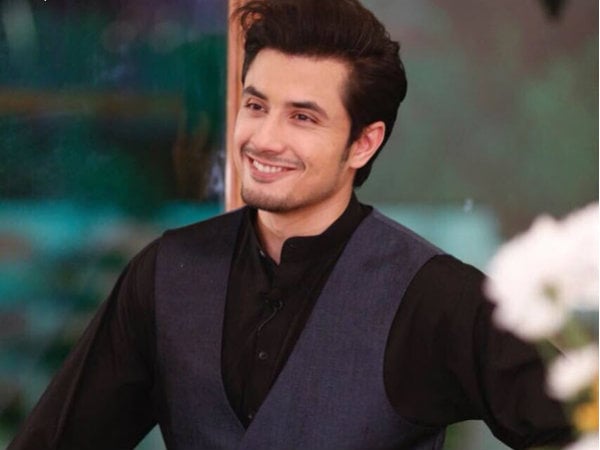 PHOTO: FILE
PHOTO: FILEAnd to pull that off here, in Pakistan, it just required 10 times more the effort. Luckily, I do feel we’ve managed to create something that I hope people like.
ET: Barring your physical drill, what was your process of getting into the skin of your character like?
AZ: I give that credit to Ahsan bhai. In the process of writing, I had gotten busier into finding the other characters. So, when we were about to go on the sets, I felt I hadn’t give attention to myself and never got the time to get into my character Teefa’s skin. That is where Ahsan bhai and I would have discussions on how to go forward and he would keep reminding me that this is the character and we would bounce that off.
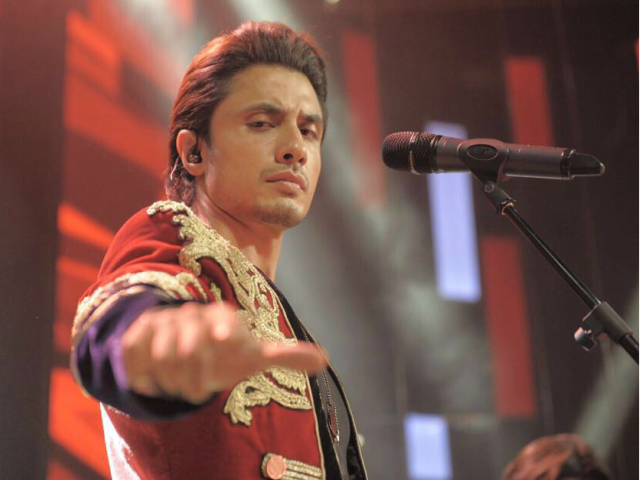 PHOTO: IMPENDING: Titled ‘Julie’, Zafar is excited to take it a notch further than Rockstar’s tongue-in-cheek libretto we kept humming to. A blues-powerhouse, Julie comes out today in CS’s fourth episode.
PHOTO: IMPENDING: Titled ‘Julie’, Zafar is excited to take it a notch further than Rockstar’s tongue-in-cheek libretto we kept humming to. A blues-powerhouse, Julie comes out today in CS’s fourth episode.His word was that Teefa is an androon shehr ka cheetah (street-smart from interior Lahore), who rides a bike aur banday bhi uthwata hai (gets people kidnapped), aur jugatein bhi marta hai (and he jokes around). I know actors who start living their characters but I don’t quite do that. I get into my character as soon as the director calls ‘action’.
ET: How did you manage to multi-task in a number of capacities in the film? Do you think any aspect was compromised in the process?
AZ: Neither I nor my director compromised on anything. We didn’t want to. And that is the bigger challenge. Mediocrity is the easiest thing but real challenge comes when you’re pursuing perfection –when you’re not satisfied with your own self and you know you can do better.
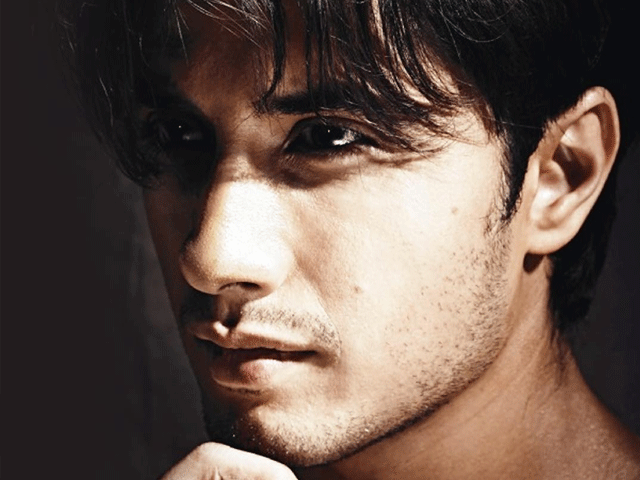 PHOTO: ALI ZAFAR/INSTAGRAM
PHOTO: ALI ZAFAR/INSTAGRAMSo I think I just kept at it until we got it as good as we could. Having said that, it was a first and we’ve learnt a lot. Now in the second film, it’s going to be another level altogether (laughs).
ET: Your poetry has often hinted at your inclination towards Sufism. From there, how do you manage to write songs like ‘Non-Item Number’ from your film?
AZ: The idea is not to disconnect from the world. It’s to be a part of this world and be a part of this reality as the person that you’re born as, in this skin, mind and souls as somebody named Ali Zafar, who’s now an artist and people know him. That’s the part I have to play in this life as a husband, father, singer, actor, star and these are parts I have to fulfill responsibly. But, how I operate from the inside is what is my internal journey and connection that is hard to explain to anybody.
Certainly, there are so many distractions and things to pull you away from it, but there always have been greed and haste, hatred and envy, and evil have always co-existed with goodness and compassion. It’s yin and yang, you’re given reasons to drift away from your path but that is the real test when the most difficult circumstances are put on you, do you still have faith in God and are grateful?
 PHOTO: FILE
PHOTO: FILEEven those circumstances come to take you higher, make you stronger and to test you. It’s only a matter of time; as long as you’re standing with the truth and are on the right side of the history, you don’t have to worry about anything, and that truth, you know inside your heart. With time, everything reveals itself, the glory and the truth always does. You have to be patient and you have to stay true to who you are and not let go of that one word which is compassion.
ET: Your colleague Meesha Shafi called you out in a recent statement for sexual misconduct. While you’ve denied such allegations, has it had any impact on the film or your status as a public figure?
AZ: Let me just say that I have complete faith in God and his way of justice. I feel that justice will prevail, and the passion, intent and zeal with which this film has been made is so strong in its own self that I think no matter how much harm is intended, it wouldn’t matter to the film.
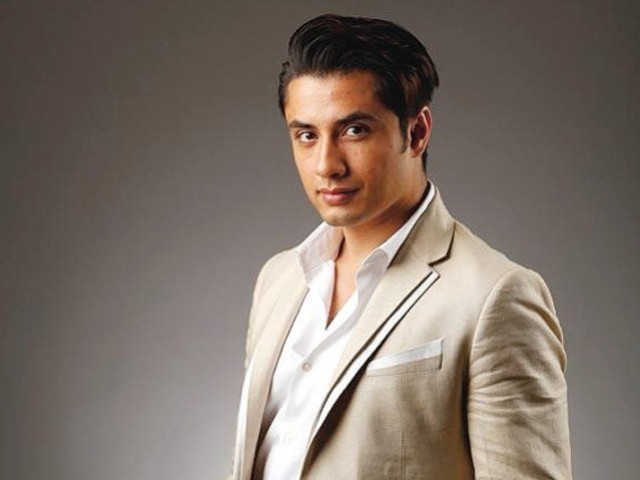 PHOTO: FILE
PHOTO: FILEWhen God takes you to a higher level there’s a lot of adversity that you go through, and only after going through that is when you can become who you want to. There are many stones thrown your way and all sorts of people come and go but greatness isn’t easy to achieve.
ET: On a parting note, what do you think inspires you to continue under grim circumstances or even otherwise?
AZ: I think what inspires me the most as an artist is the hurt that you’ve gone through in life. Whenever somebody has hurt me bad, I thank that person from the bottom of my heart because that brings in so many ideas and creativity; it all comes from there. For me, pleasure comes from pain and it’s just that process which creates something.
You know as a great comedian once said, ‘It’s the tragedy in comedy that makes people laugh’. Comedy is also a very deep genre. It’s not just fun and laughter but it’s the same situation that can make you cry also and that’s the magic of film-making.
Have something to add to the story? Share it in the comments below.






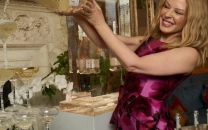












COMMENTS
Comments are moderated and generally will be posted if they are on-topic and not abusive.
For more information, please see our Comments FAQ